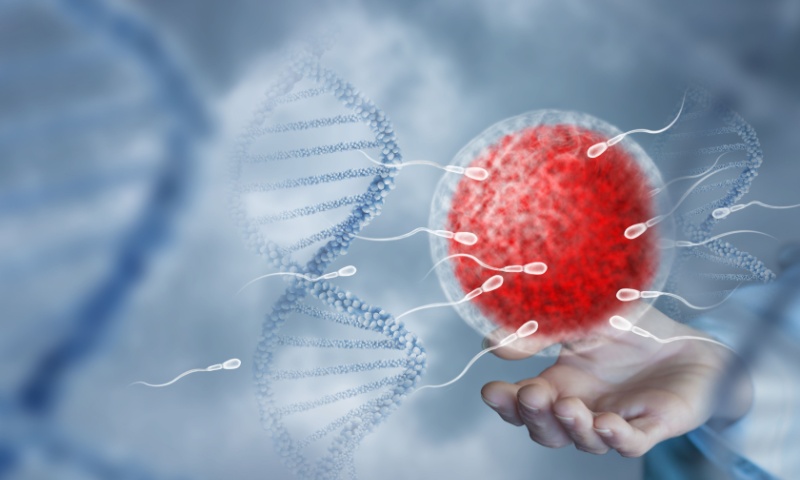Can You Donate Eggs While on Birth Control

Egg donation is a standard medical procedure in which a fertile person donates some of their eggs to help couples or individuals who are unable to conceive naturally in starting a family. There are several often-overlapping reasons why someone might consider donating their eggs, such as a desire to help others, a wish for personal fulfillment, and financial incentives. This article will discuss whether you can donate eggs while on birth control. It also explains how egg donation works and outlines a range of additional requirements you need to meet to become an egg donor.
How Does Egg Donation Work?
After thorough screening, a healthy and eligible egg donor receives hormone injections that she will take for 10 to 14 days. This medication aims to stimulate the donor's reproductive system to produce multiple eggs at once, whereas during a normal menstrual cycle, only one egg is typically produced. While on this medication, the donor will regularly visit the reproductive clinic for blood tests and ultrasounds to monitor progress and ensure everything proceeds as scheduled.
Once the eggs have matured, a so-called trigger shot is given, and approximately 36 hours later, the egg retrieval takes place under light sedation. This is a brief, minimally invasive procedure that lasts 20-30 minutes, with no stitches or cutting required. This allows the donor to leave the same day and return to their everyday life with only minor discomfort. From there, the retrieved eggs are sent to a lab where they are fertilized with sperm before being transferred to the recipient.
Can You Donate Eggs While on Birth Control?
Donors cannot be on birth control during the donation cycle itself. However, they can generally be on it while applying to donate their eggs. This depends on the type of birth control they are using, since some birth control options suppress ovulation more aggressively than others. While this suppression is effective in preventing an unwanted pregnancy, it can also interfere with the goal of producing multiple eggs in a single cycle, which egg donation depends on. If your hormone levels aren’t in a position where a fertility doctor can safely and effectively retrieve multiple eggs, you may need to adjust or pause your birth control before starting the process of egg donation.
For example, this is often the case with certain injections or implants, such as Implanon, which can delay the donation process or make you ineligible. Additionally, hormonal IUDs like Mirena or Kyleena, as well as birth control pills such as Slynd (drospirenone), can usually be used at the time of application but must be removed or stopped during the donation cycle. Non-hormonal birth control methods, like Paragard, are the simplest option in this case because they don’t interfere with your hormone levels and don’t cause any issues.
What Other Requirements Must Egg Donors Fulfill?
While ensuring that donors aren’t on birth control while donating eggs is crucial, there are several other requirements you must meet if you're considering donating your eggs. For example, potential egg donors should be between 18 and 32 years old and in good physical and mental health. Applicants need to be non-smokers, abstain from drug use, maintain a healthy body weight, have regular menstrual cycles, and not be currently breastfeeding or pregnant. They must also pass a thorough exam to ensure they do not have any hereditary genetic disorders or concerning medical family history.
Lastly, they must be willing to undergo related medical procedures, attend multiple medical appointments, and sign a legal agreement that addresses parental rights, anonymity, and the use of the embryo. If you’re considering becoming an egg donor, talk to your doctor to ensure you're eligible and prepared to undertake this challenging but rewarding process that can change lives.


